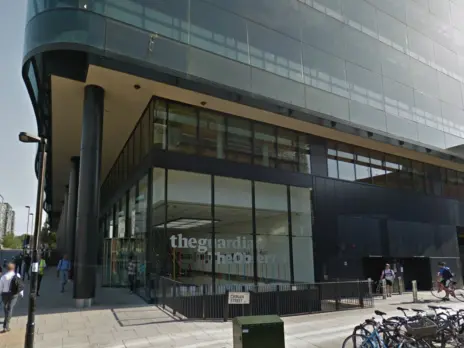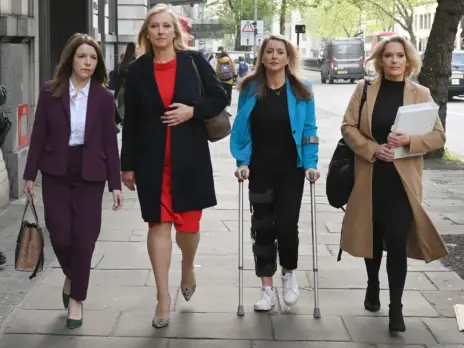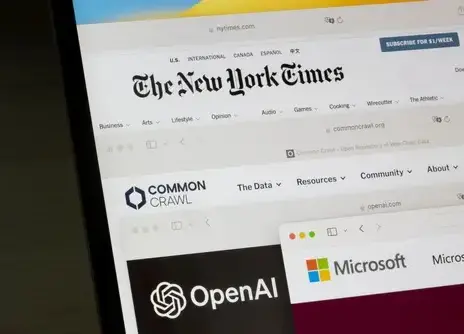-
38 press leak investigations by Met over five years
-
Source: RIPA used in 'vast majority' of cases
-
Press leaks investigated by Directorate of Professional Standards (DPS)
-
DPS figures show 185 'improper disclosures of information' in year to September 2014
The Metropolitan Police investigated 38 press leaks over a five-year period – and according to one well-placed source the Regulation of Investigatory Powers Act would have been used to seize phone records in the "vast majority" of cases.
Met commissioner Sir Bernard Hogan-Howe referred to the leak enquiries in his submission to the Leveson Inquiry, when he also revealed his force is "one of the few organisations which has established an independent command to deal exclusively with both overt and covert complaints and investigations".
His predecessors, Sir Paul Stephenson and Lord Ian Blair, also described the systems in place in their submissions, with the latter describing "examination of telephone records" as "the only proper way to deal with" press leak investigations.
Last month the Met admitted to secretly obtaining the phone records of The Sun newsdesk and political editor, Tom Newton Dunn, in order to find the source of the paper's Plebgate story. The action – first revealed by Press Gazette – has been widely criticised and prompted the Home Affairs Select Committee and Interception of Communications Commissioner's Office to launch inquiries. The Home Office has promised new protections for journalists in a revised RIPA code of practice and today the Liberal Democrats tabled a change in the law to make police forces obtain the approval of a judge for RIPA requests involving journalistic material.
The Plebgate probe and other leak investigations are conducted by the Met's Directorate of Professional Standards (DPS).
Hogan-Howe (pictured right, Reuters) told the Leveson Inquiry that between April 2006 and August 2011 38 leak probes resulted from “41 allegations relating to inappropriate relationships with the media that resulted in the alleged leakage of police information”.
DPS figures show there were 185 "improper disclosures of information" – which includes but is not limited to press leaks – between October 2013 and September 2014. Between the same months in 2012 and 2013, that number was 181.
Referring to the 38 press leak investigations, "relating to inappropriate relationships with the media that resulted in the alleged leakage of police information", a well-placed source with knowledge of police matters, told Press Gazette: “Leaks happened all the time particularly at senior management level where information was exchanged with journalists for favours or influence.
“Very few if any of the senior management leaks formed part of the 38 leak enquiries mentioned at Leveson, the vast majority of which would have used RIPA as a means to identify those more junior officers or members of police staff within the organisation who had contact with journalists over news stories.
“The Met should come clean on the level of knowledge they have on the role of senior management in stories that appeared in the press which they have until now happily ignored.”
The Met does not need to use RIPA powers to view the telecoms records of work mobile phones – but it does for officers' private mobiles.
Asked about leak investigations, Hogan-Howe told the Leveson Inquiry in March 2012: “There are systems and processes in place to identify, respond to and detect leaks to the media.
“All staff are made aware of the fact that internal communications are liable to be monitored.”
He spoke of the Met’s “daily media review” in which strategies are devised to “tackle” media leaks and identify “reports which appear to be based on unofficial sources”.
Hogan-Howe revealed that the cases of potential leaks are passed on to the Directorate of Professional Standards.
The commissioner said: “The MPS is one of the few organisations which has established an independent command to deal exclusively with both overt and covert complaints and investigations.”
Hogan-Howe was asked by the Leveson Inquiry to say how many of these investigations had been undertaken between 1 April 2006 and 31 August 2011.
He said that on 13 occasions, out of 41 allegations, the source of the leak was identified.
At the time, 11 investigations were ongoing, and 25 had resulted in no further action and five had resulted in management action.
Hogan-Howe said it was his view that not all leaks should be investigated, only those which have “significant consequences” or “appear to be part of a pattern”.
He said: “I take the view that one has to be mature about leaks and act on them only when they matter. Furthermore, there will be some leaks which satisfy the requirements of the Public Interest Disclosure Act 1998 so as to amount to ‘protected disclosures’.”
Also speaking at the Leveson Inquiry, Blair (pictured below, Reuters) said there had been 26 leak probes during his time in the role, between 2005 and 2008. He said eight leaks were substantiated, 16 were not, one was an ongoing investigation, and the last was “dispensed before the investigation was concluded”.
He said: “A number of leak enquiries were run, usually without success. By their very nature, there is no easy way to discover who is leaking, as neither party to the leak will voluntarily admit it. For example, a journalist will never reveal their source.
“In one case, I proved to my own satisfaction, and that of other colleagues, which senior officer had leaked the contents of a confidential conversation and moved him to a post which he did not like. To this day he denies he was the source.
“The only proper way to deal with such enquiries is through the examination of telephone records, a highly intrusive process for conduct which is disciplinary rather than criminal.”
He told BBC Radio 4’s Today programme this month: "We need to look at what use has been made of it [RIPA] over the last 15 years. Had it been considered that they were likely to go after journalistic sources I think that would have been in the code in a particular way in the same way as it is in the Police and Criminal Evidence Act. The codes of practice of RIPA need to be re-written."
Stephenson (above, Reuters) did not say how many leak inquiries there had been during his tenure as commissioner, between January 2009 and July 2011, which was covered by Hogan-Howe’s answer.
“I am informed that the MPS Security Board (MetSec) has strategic oversight of all information usage issues. The Professional Standards Strategic Committee (chaired by the Deputy Commissioner) also oversees work on the specific issue of preventing information misuse," he said.
“In addition to the proactive steps taken by these parts of the Directorate of Professional Standards (DPS), leaks to the media are also identified through subsequent complaints made to the MPS. These are evaluated by the DPS Customer Service Team and then allocated to the relevant DPS Investigation team to follow up.
“I am informed that the DPS conduct audits in response to information or intelligence triggers collected from all areas of the MPS and other law enforcement agencies.”
The Met Police has repeatedly declined to publicly reveal any more information about RIPA use against journalists.
It has also declined two Press Gazette Freedom of Information Act requests for information on the use of RIPA against journalists.
A Met spokesperson said: "We are not prepared to discuss when, or when not, covert policing tactics have been used in an investigation."
Email pged@pressgazette.co.uk to point out mistakes, provide story tips or send in a letter for publication on our "Letters Page" blog






